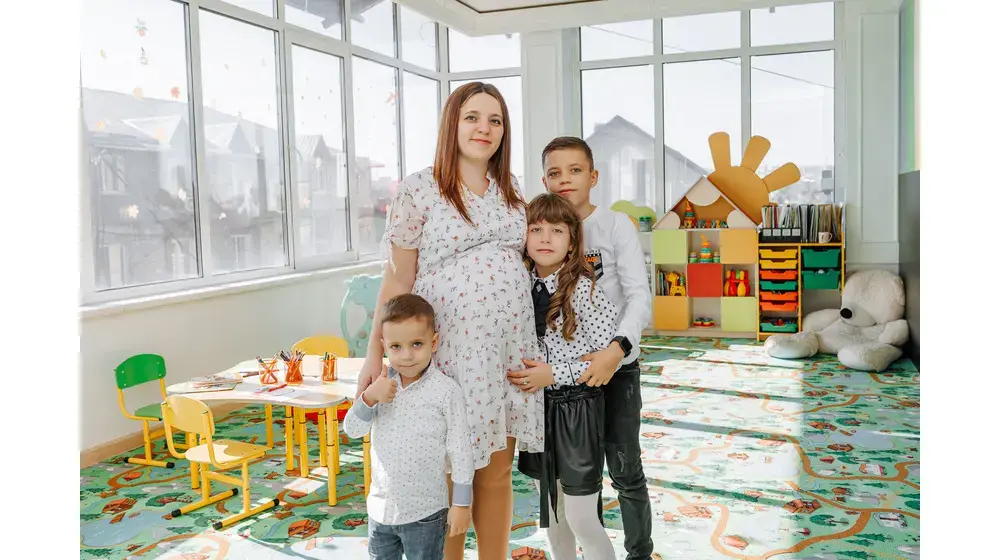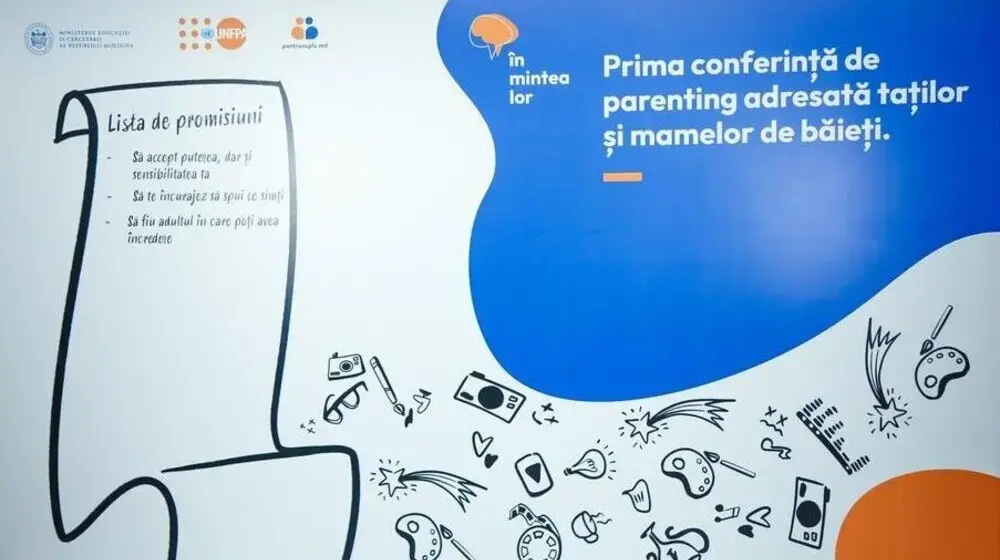UN Women and UNFPA Moldova have signed a partnership agreement to implement the joint project "Increase women’s resilience and excellence through quality, inclusive employment and family-friendly opportunities". The four-year project, funded by the Austrian Development Agency (ADA), will support women in Moldova in accessing inclusive jobs tailored to their needs and benefiting from services that help balance family and professional life. The collaboration agreement was formalized during a ceremony held at the Ministry of Labor and Social Protection, attended by Minister Alexei Buzu.
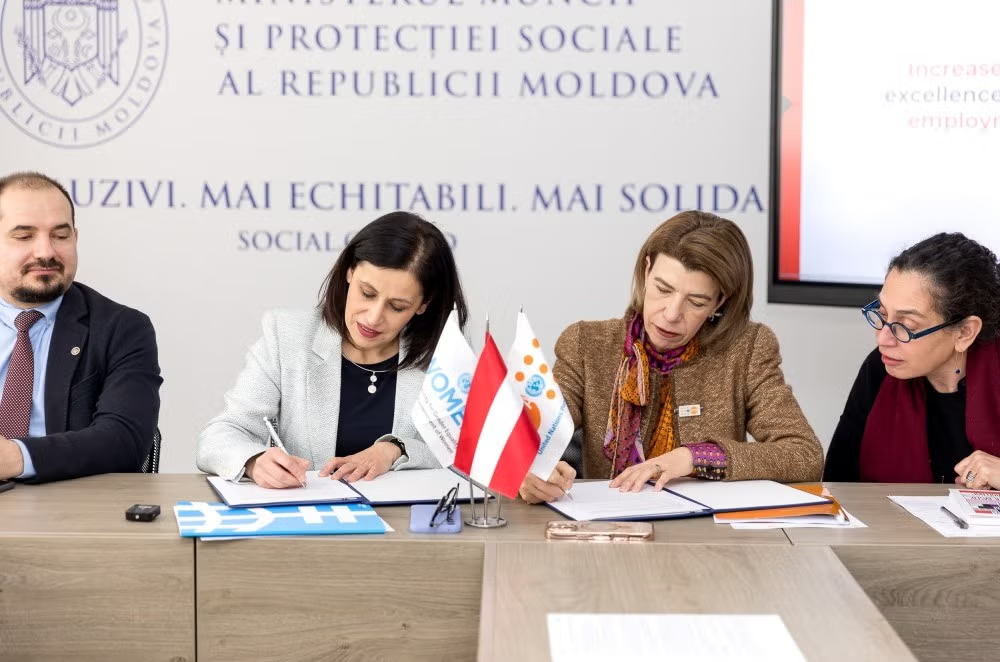
“This project is extremely important to us. At the Ministry of Labor and Social Protection, we have three main priorities regarding gender equality: balanced representation of men and women in decision-making bodies, active participation of men and women in economic life, and combating violence against women and children. This project contributes to all these objectives,” stated Alexei Buzu, Minister of Labor and Social Protection.
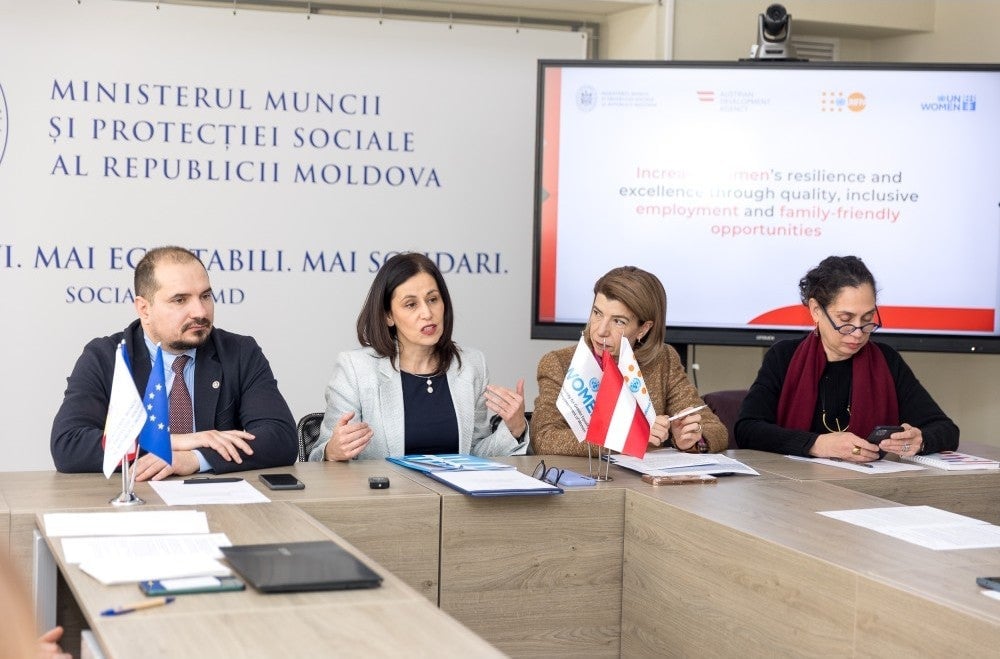
Present at the event, Sandra Horina, Head of the Coordination Office of the Austrian Development Agency in Moldova, highlighted the importance of this partnership and ADA’s commitment to Moldova: “This project is exclusively dedicated to women and girls because investing in them is essential. I don’t like to say that women are vulnerable—they are not. However, in many countries, especially in rural areas, women face multiple obstacles: domestic violence, limited access to the labor market, and financial resources. Therefore, interventions are not about helping but about providing the support they need to fully realize their potential. Later, women will succeed on their own—because they are strong and capable.”
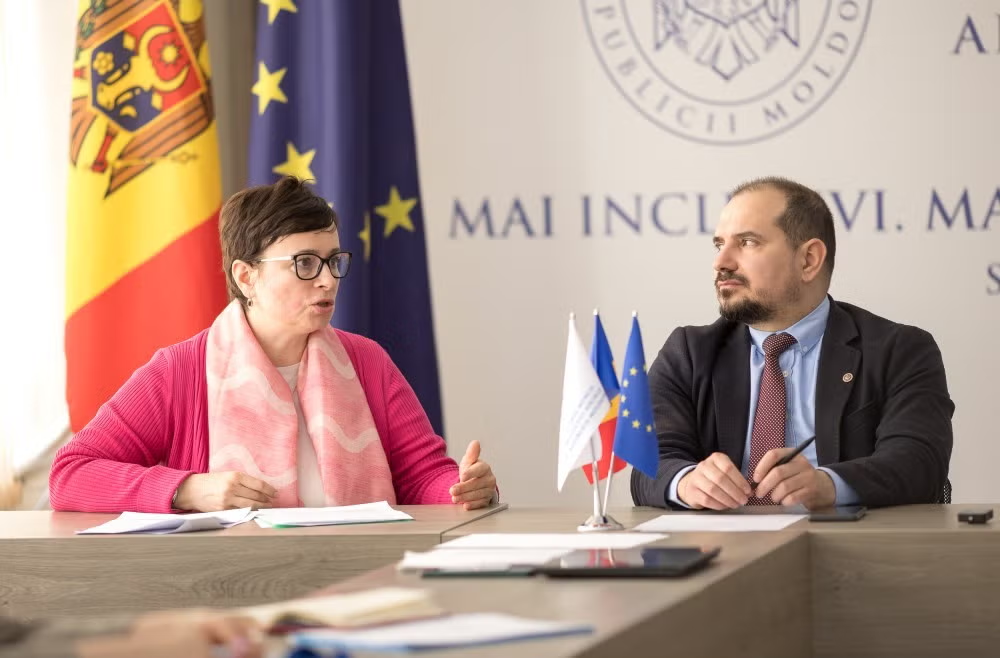
The project aims to promote shared prosperity in Moldova by supporting women and girls, especially the most vulnerable, to access jobs adapted to their needs and benefit from services addressing family challenges. Approximately 1,500 women and girls will directly benefit from this initiative, including mothers, young women including NEET (Not in Education, Employment, or Training), women from underrepresented groups, and people with disabilities.
In this context, Dominika Stojanoska, UN Women Moldova Country Representative, declared: “The launch of this partnership sends a strong message about our shared commitment to building a more equitable future, where every woman and girl has the opportunity to fully realize their potential. These interventions aim to strengthen inclusive and gender-sensitive employment policies and initiatives, supporting vulnerable women and girls.”
Karina Nersesyan, UNFPA Moldova Representative, emphasized that the project will help couples plan and achieve their desired number of children in an increasingly challenging demographic context. “Family-friendly policies are essential for creating an environment where parents do not have to choose between their career and family. Through this partnership, UNFPA Moldova aims to expand these policies in the private sector so that more employees can achieve a better work-life balance and reach their desired fertility. Investing in today’s families' well-being means building a more resilient and prosperous society for the future.”
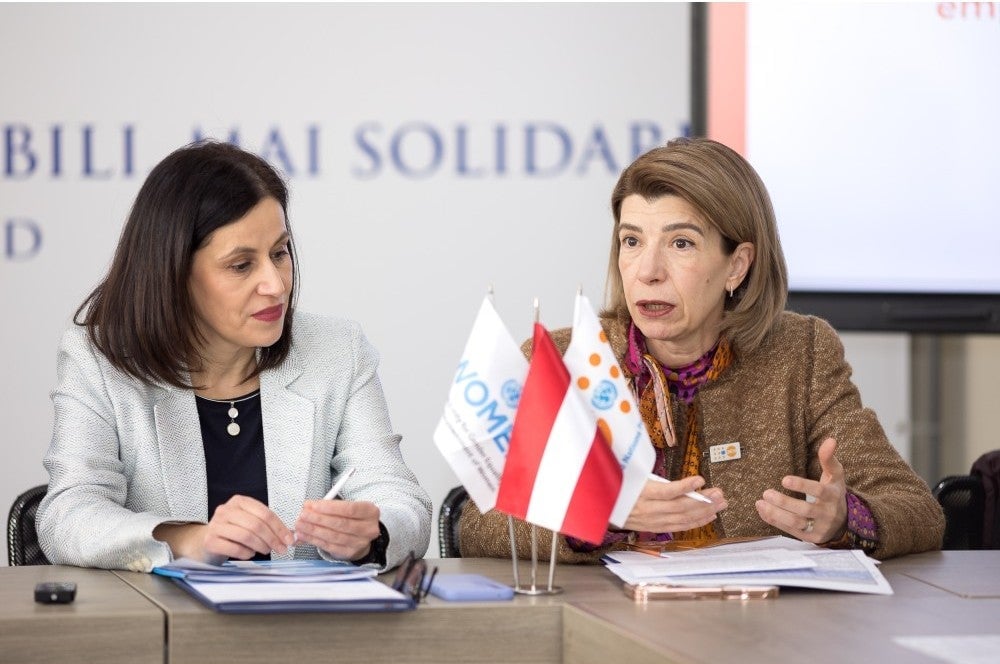
By 2028, the project will contribute to creating an inclusive and competitive economic environment that ensures women’s access to fair and safe jobs. National and local institutions, including the National Employment Agency, vocational education institutions, and the private sector, will implement family-friendly policies and inclusive employment practices, strengthening institutional capacity for sustainable benefits. Local public authorities will also be guided and supported in implementing these initiatives within communities.
Yesim Oruc, UN Resident Coordinator, stated: “Now more than ever, we must maintain the momentum for gender equality by investing all necessary resources in this direction. This project reflects the UN’s commitment to leaving no one and no region behind, supporting women affected by vulnerabilities determined by where they live.”
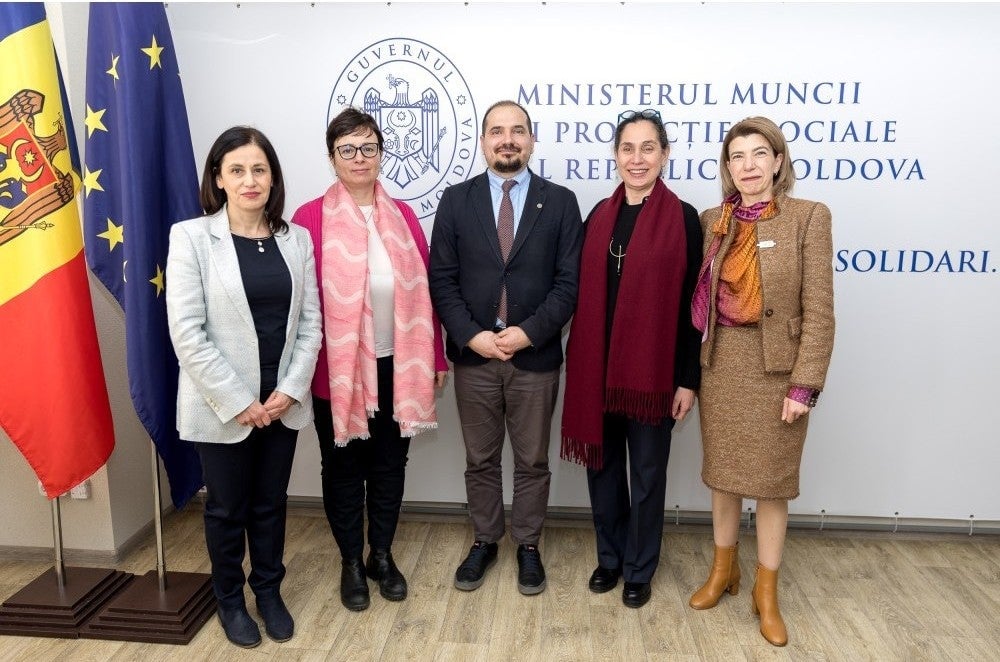
The project will deliver sustainable benefits, such as increasing women’s incomes and supporting them to become more financially independent, thereby reducing poverty among the most vulnerable groups. It will also contribute to expanding family-friendly opportunities and childcare services in both the private and public sectors, strengthening families in Moldova and helping couples have as many children as they desire. Institutional capacity building will facilitate the creation of fair and sustainable working conditions, while promoting a diverse and inclusive work environment will enhance both employee satisfaction and productivity.



